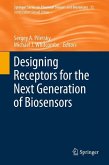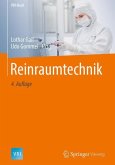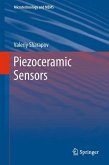Over the last 20 years of microfluidics and chip engineering, so-called Lab on Chip technology has led to many exciting results, PhD theses, books, journal publications, several new journals, and commercial products. Trends have shifted from applications in chemistry to cell biology and clinical diagnostics, from electrophoresis and biosensors to digital microfluidics and droplet-based methods, and from micrometre-sized features to nanostructures and molecular self-assembly.
And there seem to be no limits in sight. The only problem arising is that academic research continues to proceed at an ever increasing pace compared to the real-world applications and commercialisation of Lab on Chip . Therefore, the purpose of this book is to bring together authors in this multidisciplinary field to provide overviewsof two-phase flow, droplets, and digital microfluidics for biological and medical applications. It is currently the only book dedicated to droplets in microfluidics that goes beyond electrowetting methods. Included are the novel areas of next generation sequencing and emulsion PCR (polymerase chain reaction), together with analyses on the ramifications of droplet-based reactions for biochemical assays and their commercial viability.
And there seem to be no limits in sight. The only problem arising is that academic research continues to proceed at an ever increasing pace compared to the real-world applications and commercialisation of Lab on Chip . Therefore, the purpose of this book is to bring together authors in this multidisciplinary field to provide overviewsof two-phase flow, droplets, and digital microfluidics for biological and medical applications. It is currently the only book dedicated to droplets in microfluidics that goes beyond electrowetting methods. Included are the novel areas of next generation sequencing and emulsion PCR (polymerase chain reaction), together with analyses on the ramifications of droplet-based reactions for biochemical assays and their commercial viability.









